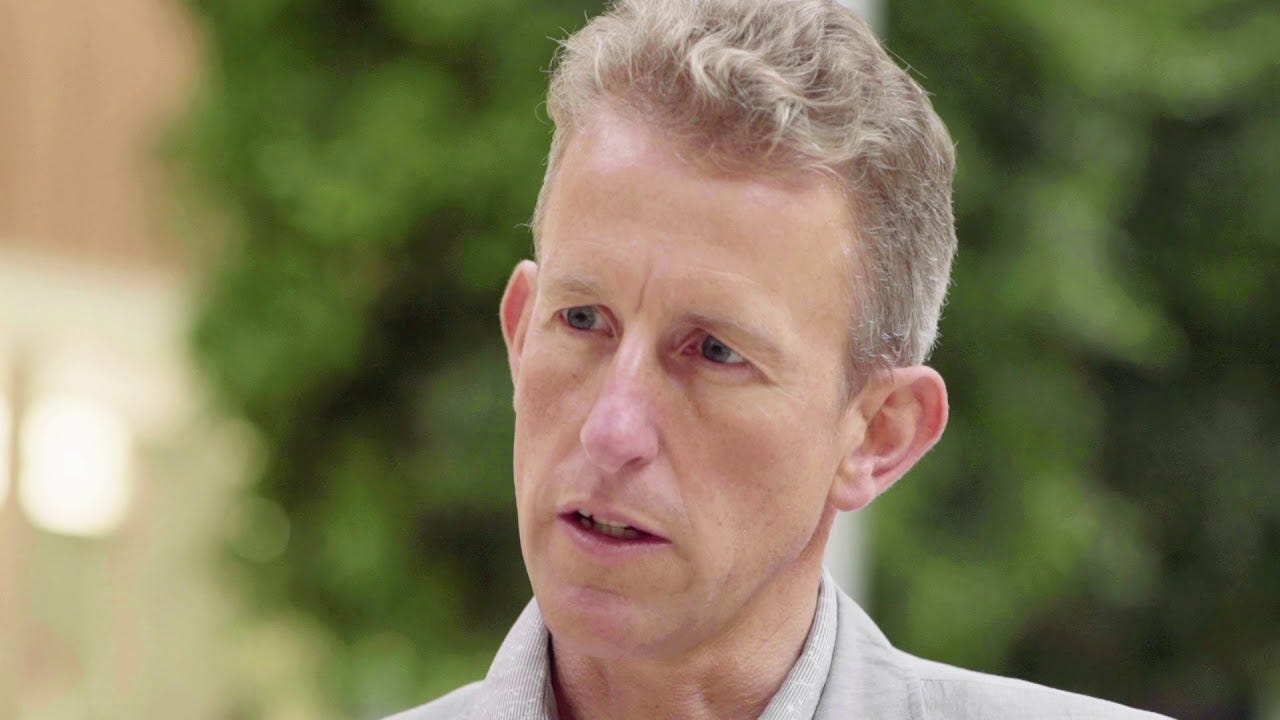Hands down one of the best conversations I’ve ever had on the topic of life, climate and ecological collapse and the future of the planet with one of the world’s most eminent Earth systems scientists (or Gaia scholars as they should also be known), this episode is not to be missed.
This felt like therapy as I asked all the questions I’ve ever had about the climate crisis and the future of life on earth.
How screwed are we? Why is there such inaction from governments? What can we do? Where are we headed? Am I going crazy or are we all really looking at the potential end of civilisation?
Strap yourselves in for one hell of a ride as we explore grief and optimism in the face of climate breakdown, what it feels like to crunch the numbers that predict the future of the human climate niche and how identifying with the life force in all things might just be enough to keep us going.
In this episode I meet with Prof Tim Lenton, Director of the Global Systems Institute and Chair in Climate Change and Earth System Science at the University of Exeter and all round climate hero.
A mentee of James Lovelock, Tim carries on the torch of Gaia theory for the next generation. His work to date has covered the ways in which many different earth systems self-regulate and interconnect and has taken him from studying the nutrient balance of oceans to climate modelling, the evolution of life on earth as well as the identification of tipping points in past, present and future climatic systems - the kind that lead to significant accelerations in global heating in a non-linear fashion.
Tim and his group at Exeter focus on understanding the Earth as a system, modelling evolution, ecology, and biogeochemistry, providing early warning of climate tipping points, and identifying positive tipping points towards a better world.
Recent papers from Tim highlight the existential threat posed by climate change to our entire civilisation which make for some truly sobering reading. However, he has also recently published work on positive tipping points - tipping points in society that lead to non-linear, positive change such as the move to electric vehicles in Norway or the spread of ideas on social media.
This is my favourite episode of the podcast so far - Tim’s knowledge across a huge number of disciplines is astounding and he embodies the very best science has to offer in that his thinking is meticulous, he’s driven by awe and reverence for the natural world and he is thoroughly grounded in his humanity and connection with nature. Talking with him was a joy and we couldn’t ask for a better guide through these challenging and often overwhelming topics.
We cover a lot of ground in this episode, so hold on to your seats as we stare down civilisational collapse and envision an ecological alternative that takes inspiration from Gaia herself.














Share this post